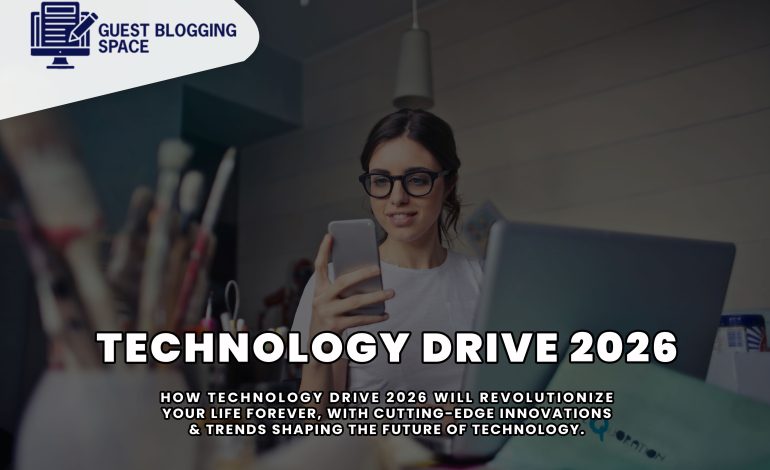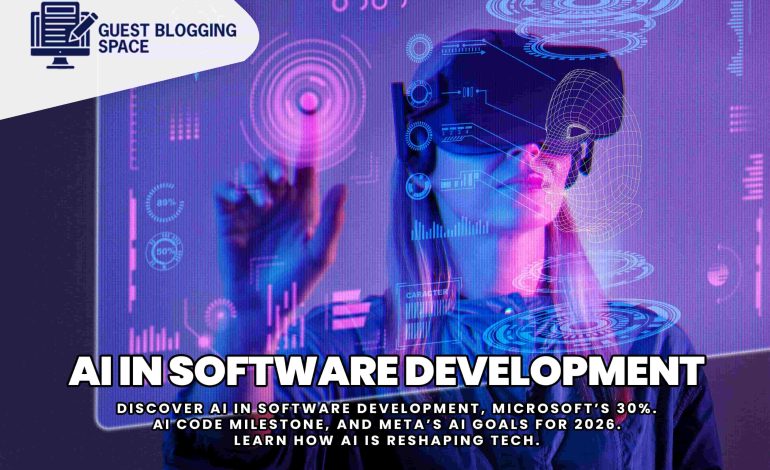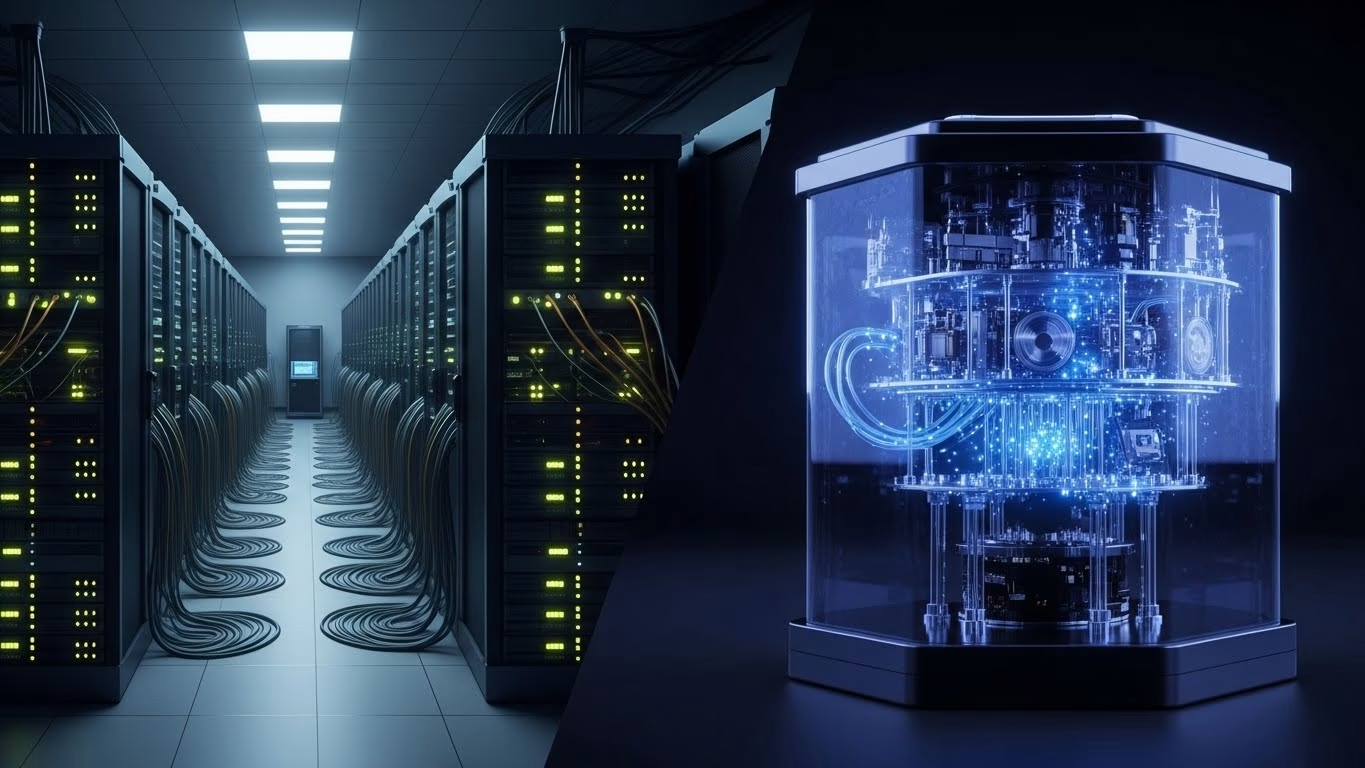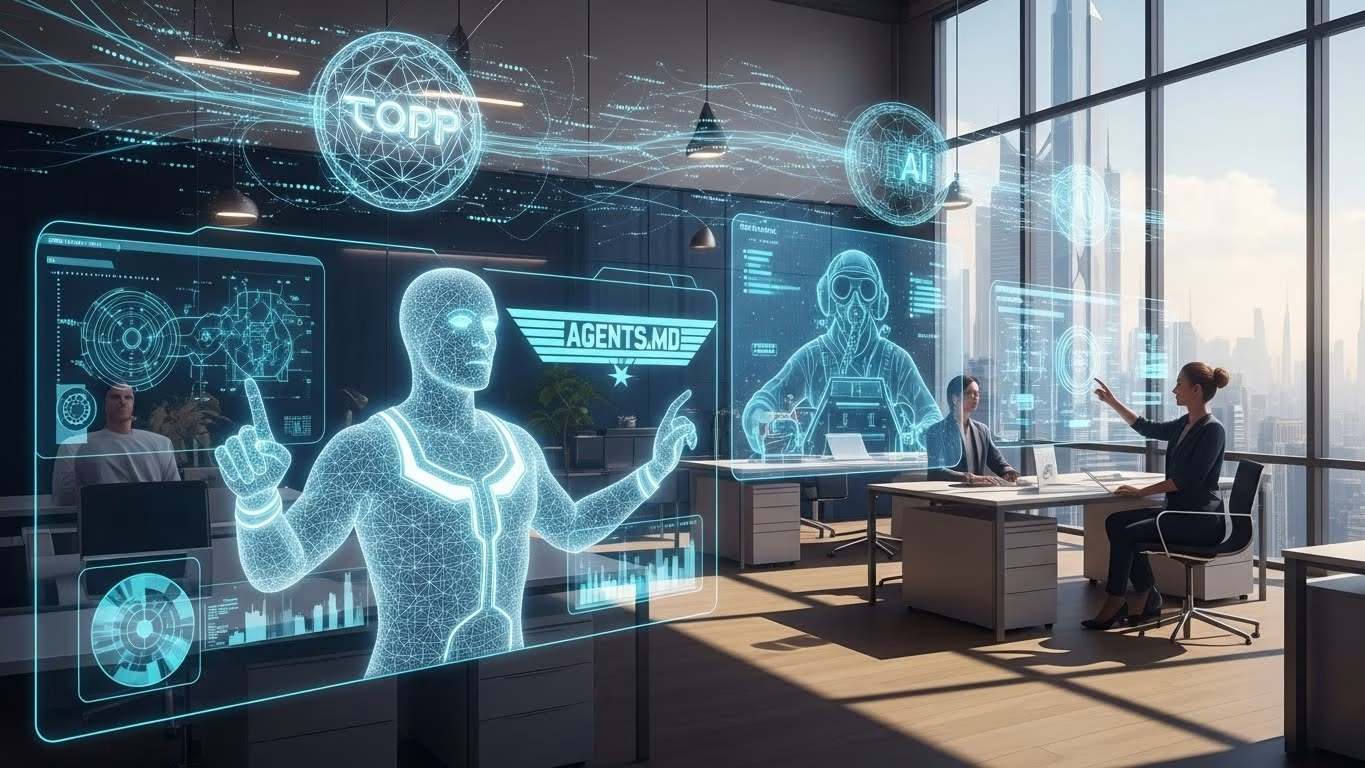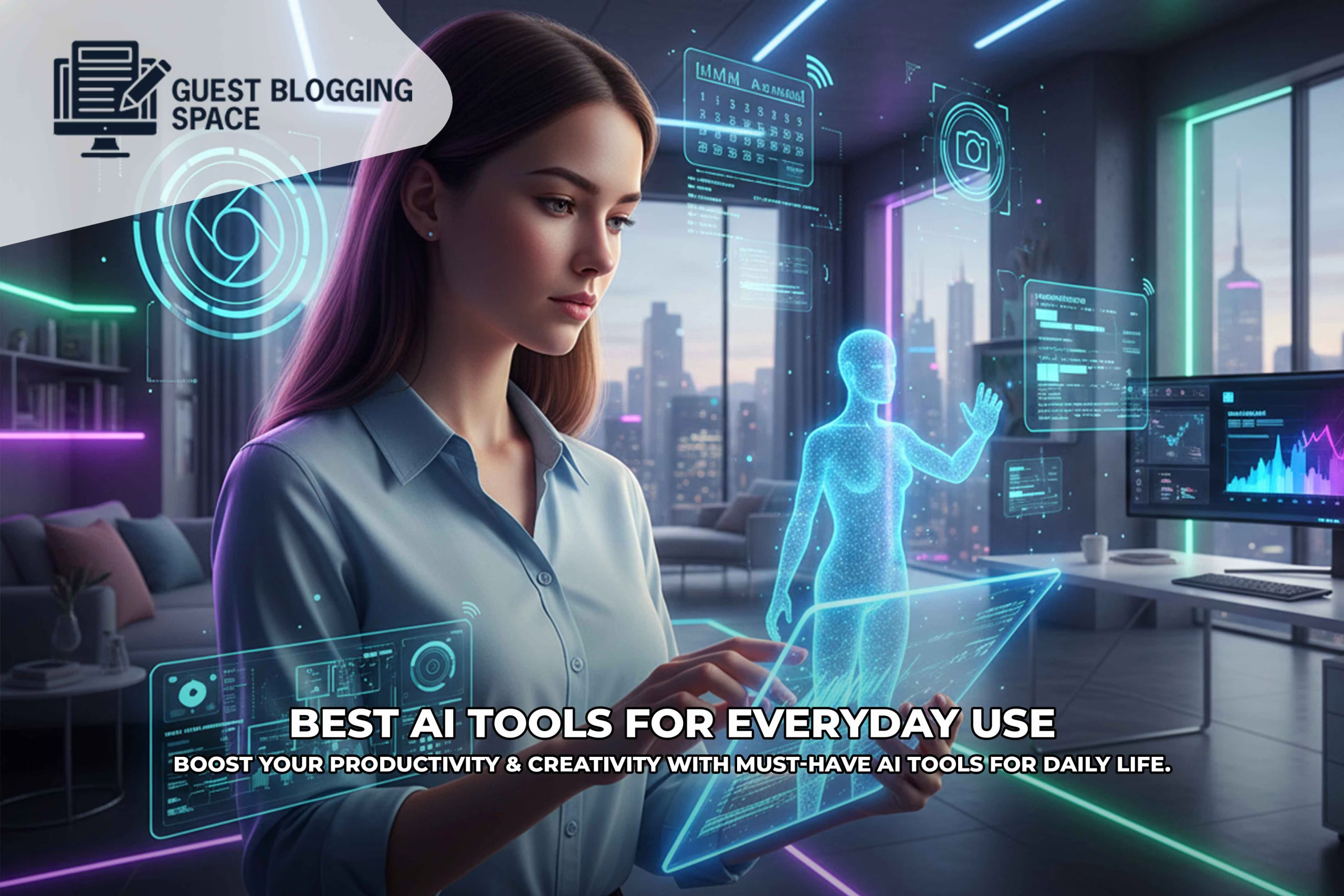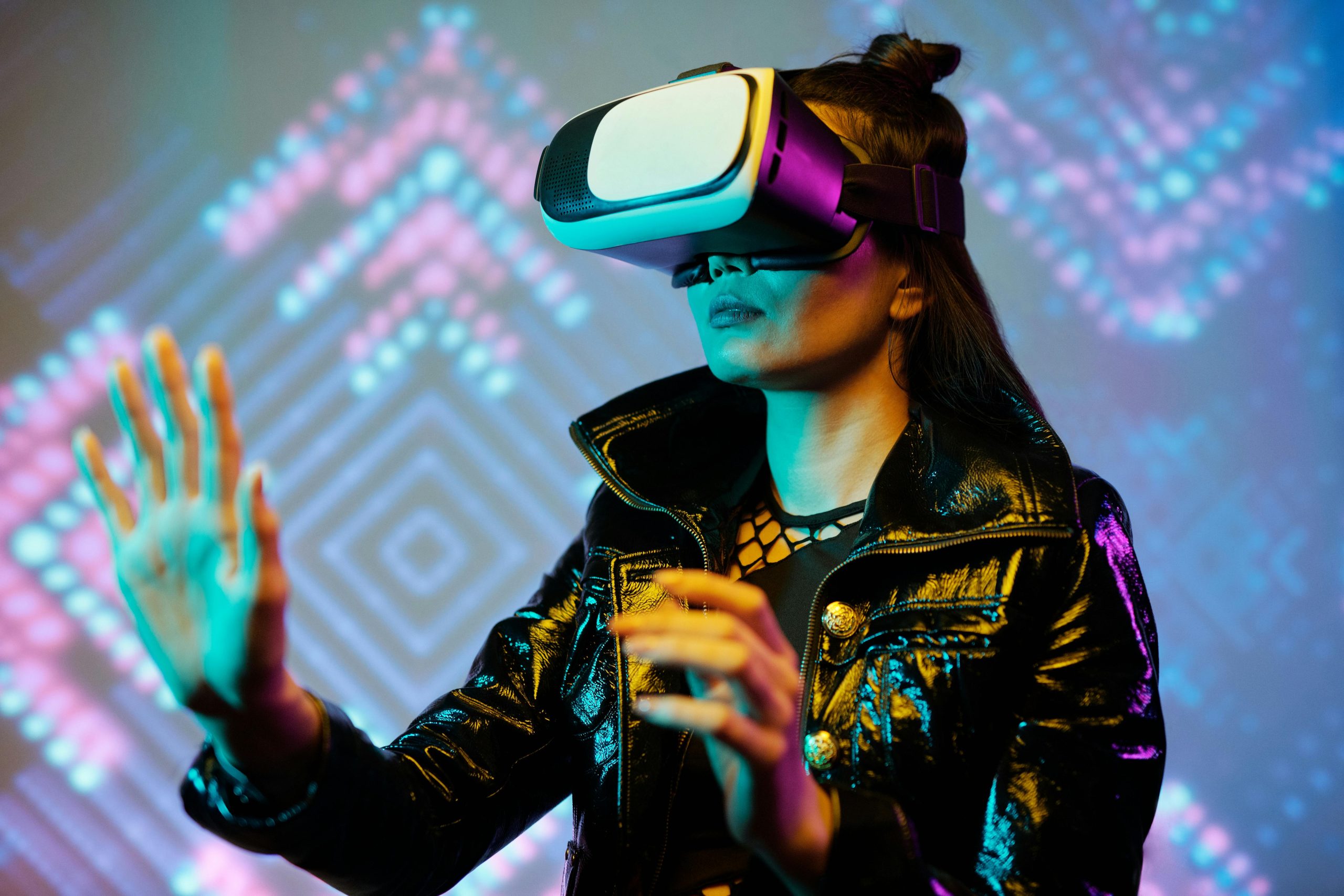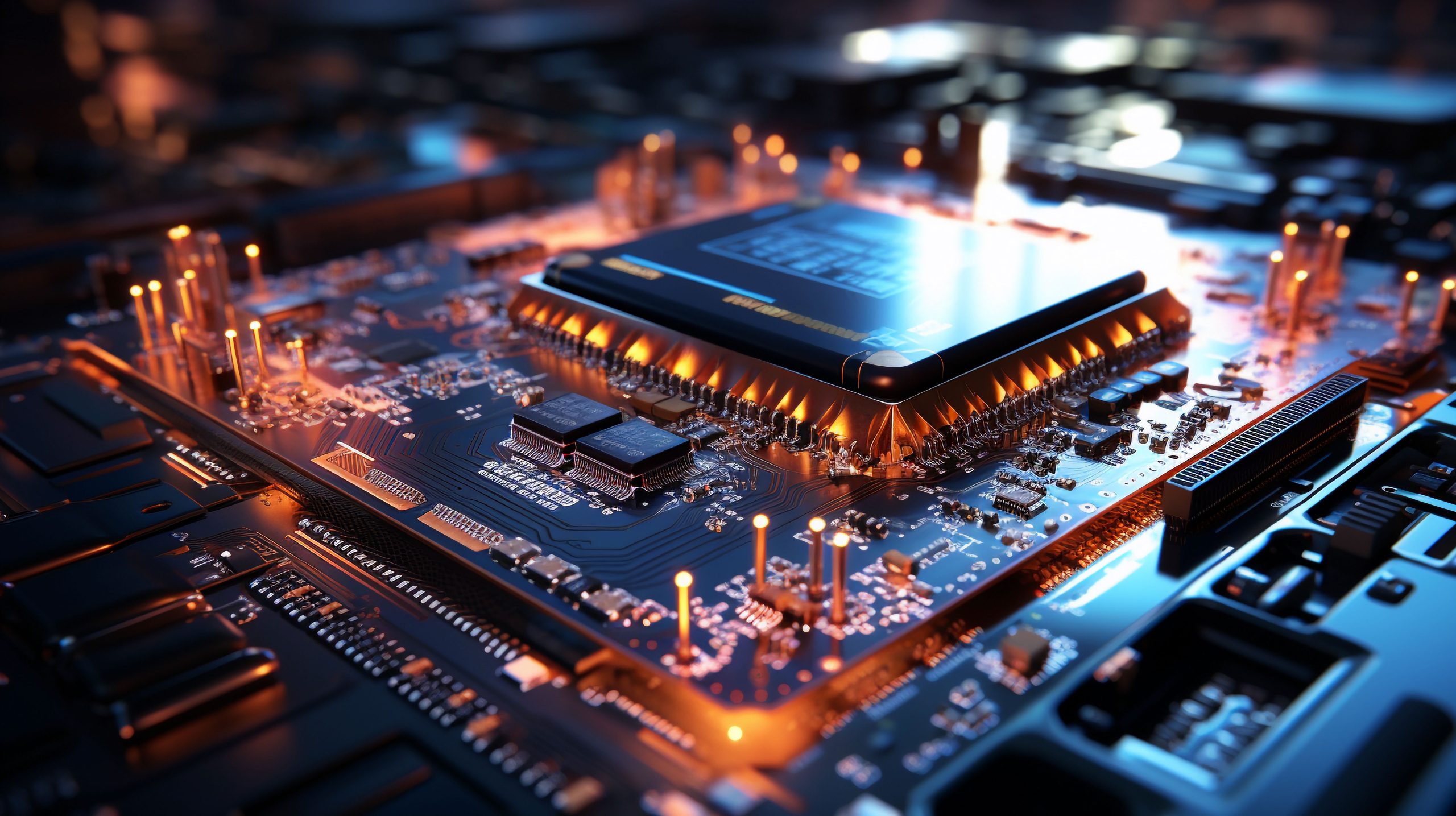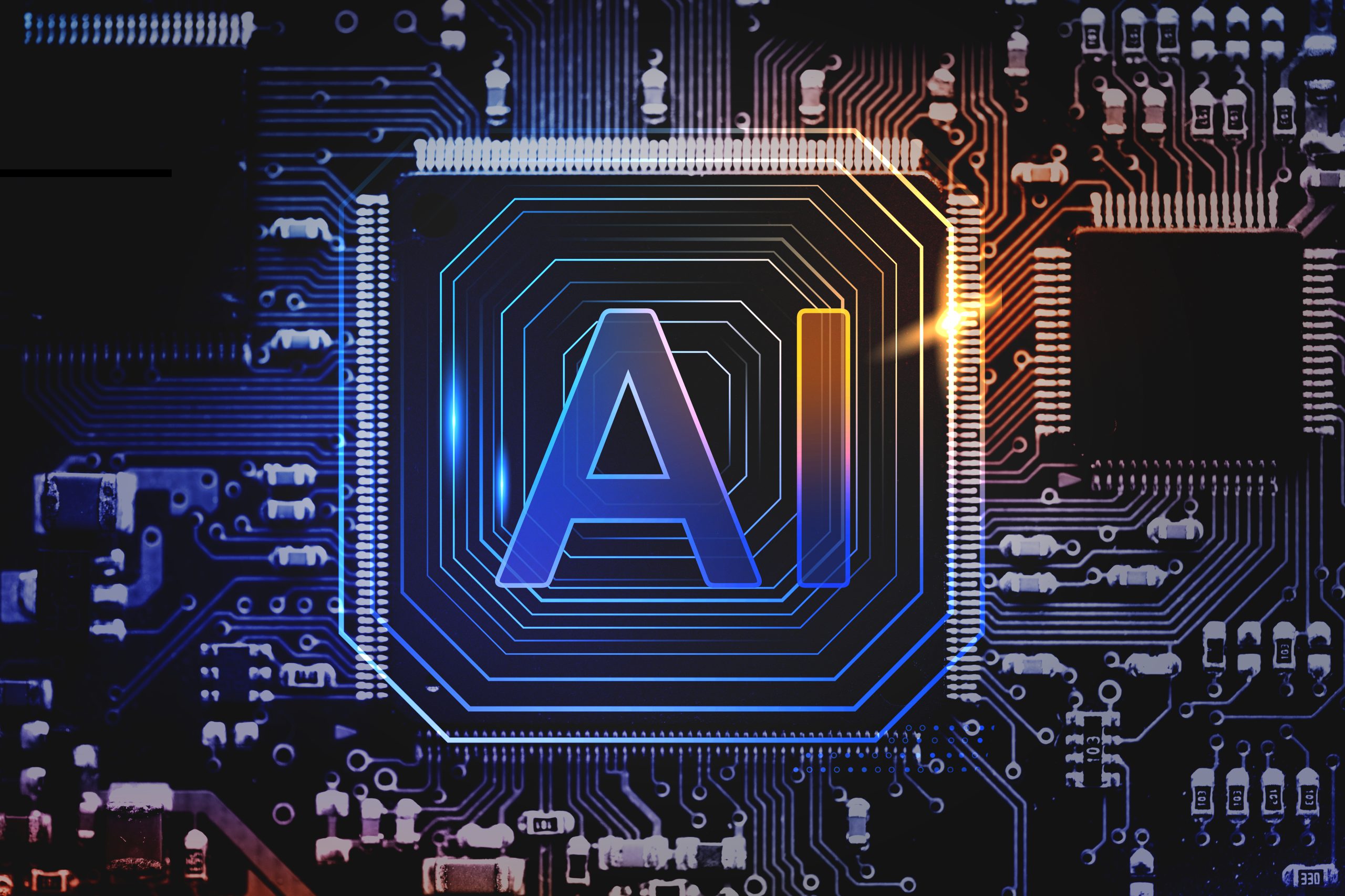Top Technological Changes to Watch in 2025

In 2025, technology has reached a significant moment, inspiring innovation in ways that it is impossible to ignore. While we are witnessing the emergence of intelligent machines. And the beginning of quantum successes, major technical changes accelerate. The change in industries, while they are quietly but still fill their everyday lives. By the way, this article will be engulfed by the groundbreaking technologies that lead the accusation, and give a glimpse of their transformative ability and their long look at effects on the future.
Its impact on technology drivers and industries
By 2025, Technology Drive is ready to change areas such as health care, finance, and beyond. Rapid AI progress lets industries now use its power to process large datasets and extract meaningful insights. It forms the dynamics of the future market, operating efficiency, and innovation. As AI evolves, it will significantly impact global economies, driving growth and regional progress across various fields.
Empowering Business Growth and Building Trust
The growing role of AI is central to improving decision-making processes, providing personal experiences, and streamlining operations. A recent study emphasizes that AI Integration in Industries results in better operating results and competitive benefits. Belief in these AI-operated systems is necessary, as business and consumers depend on them for important, data-driven decisions. Technology foxes are outside using new devices; This is about converting data to action-rich insights, which pave the way for permanent economic progress.
Quantum Computing and the Future of Cybersecurity
le=”font-weight: 200;”>Progress in Quantum data processing, especially in encryption. Quantum machines will greatly enhance data security, essential for rising cyber threats, by delivering advanced protection and faster processing. Quantum encryption, faster than traditional systems, is set to transform industries like finance and defense, where data protection is vital.
Redefining Security Protocols
Quantum computing will revolutionize security protocols, marking a new era of digital defense. Quantum encryption will be key to defending against rapidly evolving cyber threats. As it advances, it will become vital for industries, ensuring strong protection and positioning quantum computers as cybersecurity’s cornerstone.
5 G technology: a catalyst for digital changes
By 2025, the global rollout of 5G technology will bring a revolution in internet speed and communication, which will unlock new opportunities in many industries. With ultra-low-latency and high-speed connections, it will make it possible to divide real-time data into areas such as 5G health, increase telemedicine, and improve patient care. In autonomous vehicles, it will provide the necessary infrastructure required for uninterrupted, reliable operation, while in intelligent production, 5G Power Smart Factories will run efficiently through real-time AI-led automation.
Future of Connectivity: 5g to 6g Innovations
Since research in 6G technology accelerates, we can expect even more progress in digital communication, including innovations such as holographic communication. This development will expand connectivity, promote smart decisions, safe autonomous systems, and more efficient industries. The merger of 5G, AI, and new technologies will lay the foundation for a connected future, run the next phase of digital change, and tell how industries work globally.
The role of biotechnology in personal innovation in health care
In 2025, Technology Run in Biotechnology revolutionizes medicine through successes such as CRISPR gene editing. These devices allow researchers to cure genetic disorders at their root, enabling very individual agents based on individual DNA profiles. This change increases the accuracy of treatment, reduces side effects, and marks a significant development in preventive and medical health care. With these innovations, the therapy system moves towards more effective, patient-centered models that match moral and evidence-based standards.
Powering Agriculture Through Genetic Engineering
In agriculture, biotechnology is equipped with flexibility against pests, drought, and climate volatility, important requirements for growing food. Genetic engineering science enables sustainable, high returns that grow and support environmental goals through low chemical use and engineering. When these advances match responsible innovation and E-T-T frameworks, they ensure safe food production, healthy ecosystems, and greater global flexibility against future challenges.
Renewable energy innovation and global stability -driven
<span style=”font-weight: 200;”>In 2025, global technology against stability as climate problems. Solar panels, wind turbines, and successes in advanced energy storage make pure power more affordable and scalable. This innovation supports a decisive step away from fossil fuels, allowing land and industries to cut emissions while maintaining energy equality and economic growth. Techniques such as green hydrogen and nuclear fusion also appear as a long-lasting solution for cleaner, flexible energy systems.
Build a legitimate and low-carbon energy future
Renewable technologies are not only important for climate action, but are also important for promoting global energy capital. By expanding access to permanent power in the under-light areas, these advancement helps bridge the energy gaps and support inclusive growth. As it is the expansion of the adoption of clean energy, the global belief in scientifically leading solutions strengthens and matches Google’s E-A-T principle, transparency, expert insight, and a permanent positive impact on the environment and human welfare.
Metaverse and Extended Reality
In 2025, the technology will bring a revolution in human interactions in technology-related industries behind the Metaverse and Extended Reality (XR). Sales -promoting and virt
ual reality equipment moves far beyond entertainment, which can enable immigrant medical training, interactive education, and increased external work collaboration. These virtual platforms create more realistic, effective environments where professionals can learn, connect, and innovate without geographical boundaries.
Change trade and everyday experiences through XR
Virtual showrooms, product demos, and personal digital experiences are integrated into the XR to redefine business customer engagement to meet. This development promotes more interactive and available services, and combines digital and physical realities. As the adoption of XR increases, it supports E-A-T principles by prioritizing user experience, authentic experiences, and expert-controlled materials, which form meters in a meaningful and secure digital expansion of truly exposed life.
Autonomous Systems and Robotics
By 2025, the autonomous system and robotics will change industries such as logistics, health care, and production can increase productivity. Autonomous drones and self -driving vehicles will bring revolution in logistics, quickly, enable more accurate delivery, quickly, enable more accurate delivery. In production, advanced robotics will take on complex features, adapt the production processes with greater accuracy, safety, and efficiency.
AI-driven innovation and future for the future of human cooperation
Integration of AI into robotics increases their ability to operate in a dynamic environment, from dealing with unexpected landscapes to helping with robotic surgery. These technologies will streamline supply chains, improve patient care, and open new opportunities for innovation. As autonomous systems develop, the redefined industries and promote more cooperation between people and intelligent machines will leading to a future of more efficient, innovative, and safe work environments.
Edge Computing: Revolution in Real-Time Data Processing
By 2025, Edge Computing will rebuild how connected devices process real-time data, dramatically reduce delay, and improve performance. With the increase of IoT units, autonomous vehicles, and AR/VR systems, the Edge data processing ensures that important decisions are made locally and circumvent delays from the centralized server. This is essential for applications where rapid, accurate reactions are important, such as autonomous vehicles navigating in a complex environment or an industrial IoT system that monitors real-time operations.
Effects and decisions in industries
The ability to process data on the edge, a key aspect of top technological changes, will enhance system performance by enabling rapid response times, smart decision-making, and improved efficiency. In industries such as healthcare, production, and transportation, edge computing will play a crucial role in promoting digital interactions. This will provide faster, more reliable solutions that balance speed, accuracy, and operational efficiency, paving the way for the next generation of connected technologies.
Blockchain: Change industries through security and openness
By 2025, blockchain technology will bring a revolution in various areas by offering decentralized, safe, and transparent solutions. In the Cryptocurrency room, blockchain will continue to enable fast and safer transactions. At the same time, decentralized finance (DEFI) platforms will provide permissionless alternatives for traditional banking and shape the economic landscape again. Beyond finance, the ability to make an unchanged transaction register of blockchain will increase the supply chain transparency and reduce fraud, and secure the product’s proven.
Strengthen individuals and streamline operations
In digital identification management, blockchain individuals will check their personal information, which will enable a secure, verifiable identity. When the industry adopts blockchain, its role in reducing fraud and improving tasks will increase, promoting trust in digital transactions. This change towards decentralized systems will establish a safer, flexible basis for businesses and consumers, and explain how industries work and interact in a digital-first world.
Final Thoughts about Technological Changes
Technological innovation that shapes the future
By 2025, rapid technological advances will make transformational changes in industries and explain how we live and work. Breakthroughs, smart, will create more effective solutions in artificial intelligence (AI), quantum computing, and blockchain. AI will increase decision-making, automation, and personal experiences, while quantum computer machines will deal with pre-existing problems by processing data at outstanding speeds. In energy, innovation in renewable technologies will reduce the dependence on fossil fuels and contribute to a more sustainable future.
Blockchain and stability: Build a flexible future
These top technological changes will continue to revolutionize areas such as finance, supply chain, and healthcare by offering a safe, transparent, and decentralized structure for blockchain transactions. Together, these interconnected technologies will not only optimize efficiency but will also promote economic development and environmental responsibility. These innovations will lay the groundwork for a more connected, flexible, and resilient world, encouraging future cooperation and progress.
FAQs About Technological Changes in 2025
1. What are the most impactful technological changes in 2025?
The most impactful changes include advancements in AI, quantum computing, 5G connectivity, renewable energy, and biotechnology. These are transforming healthcare, communication, security, and the environment.
2. How will AI improve our daily lives in 2025?
AI will streamline tasks, enhance medical diagnostics, personalize digital experiences, and improve decision-making across many industries.
3. Is quantum computing available to the public in 2025?
Although it is still in its newborn stages, quantum computing already carves out a route in applications with real-world, especially in research, finance, and cybersecurity sectors. This emerging technology has the ability to bring revolution in these areas, and offers outstanding calculation power that without understanding new opportunities and solutions.
4. What industries are most affected by technological changes in 2025?
Healthcare, finance, manufacturing, education, and energy are rapidly evolving thanks to automation, AI, and clean energy innovations.
5. How can I prepare for these changes in my career or business?
Stay informed, invest in tech education or training, adopt digital tools early, and be open to innovation and adaptation.

